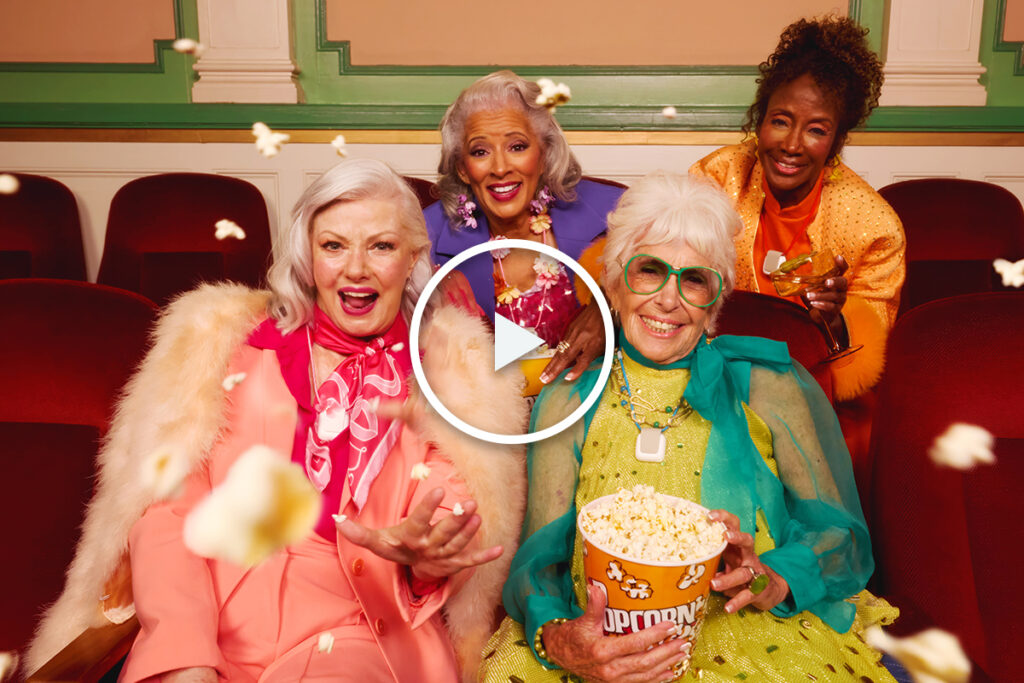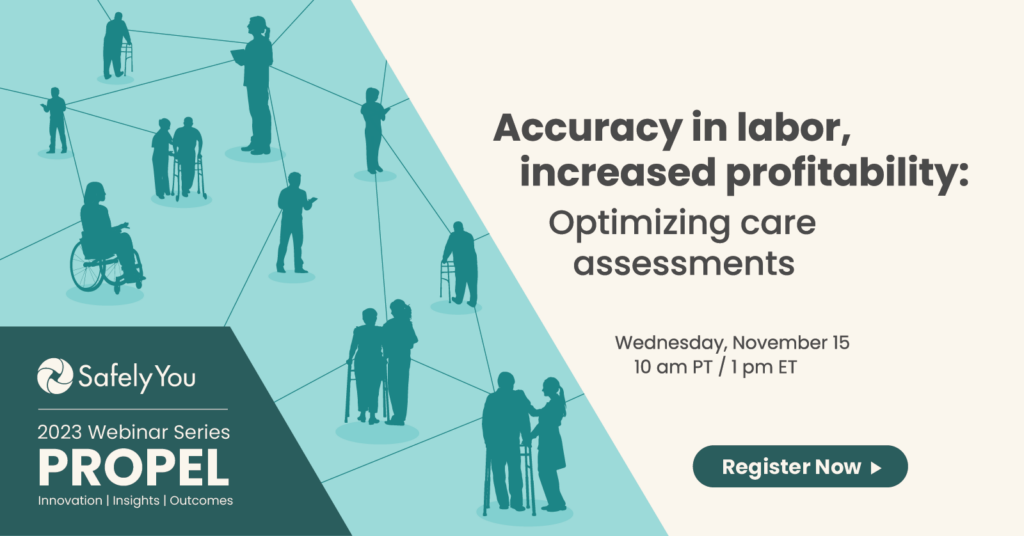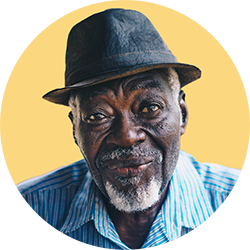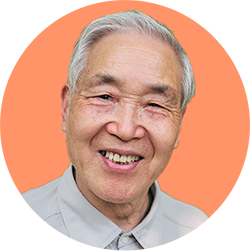Real-time fall detection using SafelyYou’s artificial intelligence-enabled video recording reduced residents’ time on the ground after a fall by 29.6 minutes and time until staff assistance by 28.3 minutes, according to research results on post-fall care in memory care published in the Journal of Medical Internet Research.
The proportion of fallers who spent more than one hour on the ground fell from 31% in the baseline study to zero events due to SafelyYou’s real-time notification. In addition, the study revealed that 76.6% of fallers received human staff assistance in less than 10 minutes, and 55.3% of fallers spent less than 10 minutes on the ground.
“Systematic video monitoring of falls and prolonged immobilizations as well as turning ‘time on the ground’ into a modifiable risk factor of fall prognosis are huge milestones in the domain of falls,” said Dr. Eléonore Bayen, neurologist and researcher for the Global Brain Health Institute. “Congratulations to the SafelyYou team for changing and improving the quality of care for people living with dementia.”
SafelyYou uses continuous video monitoring, artificial intelligence, secure networks and customized computer applications to detect and notify caregivers about falls in real-time while providing immediate access to video footage of falls. The study was conducted in six memory care facilities in California, where SafelyYou’s cameras were installed in the bedrooms of consenting residents and families. The fall events were video recorded between Nov. 1, 2017, to Aug. 31, 2018.
A total of 436 falls were recorded for the 66 consenting participants who are living with Alzheimer’s or related dementias. Over 80% of the falls happened in bedrooms, with two-thirds occurring overnight between 8 p.m. to 8 a.m. While only 8.1% of falls were scored as moderate or severe, residents were not able to stand up alone in 97.6% of the cases.
“Lying on the floor for a long period of time is usually associated with medical complications, such as dehydration, renal failure and pressure ulcers and poor post-fall prognosis, said Dr. Glen Xiong, chief medical officer for SafelyYou. “In addition to fall-related injuries due to the trauma itself, prolonged immobilization on the floor may double the risk of death in the elderly. That’s why reducing the length of time on the ground after falling is crucial for vulnerable individuals who cannot get up independently due to cognitive disorders.”
“Many residents who can’t get up on their own actually have access to a call alarm that they don’t activate for help, said George Netscher, CEO of SafelyYou. “The good news is that major and frequent risk of a long time on the ground events can be successfully modified in just a few months with SafelyYou. Reducing time on the ground has the potential to decrease future morbidity, unnecessary emergency room visits and related health care costs.”
SafelyYou uses continuous video monitoring, artificial intelligence, secure networks and customized computer applications to detect and notify caregivers about falls in real-time while providing immediate access to video footage of falls.
For more information on the study results, visit Journal of Medical Internet Research. To learn more about reducing time on the ground or developing a fall management program for memory care, contact [email protected].






